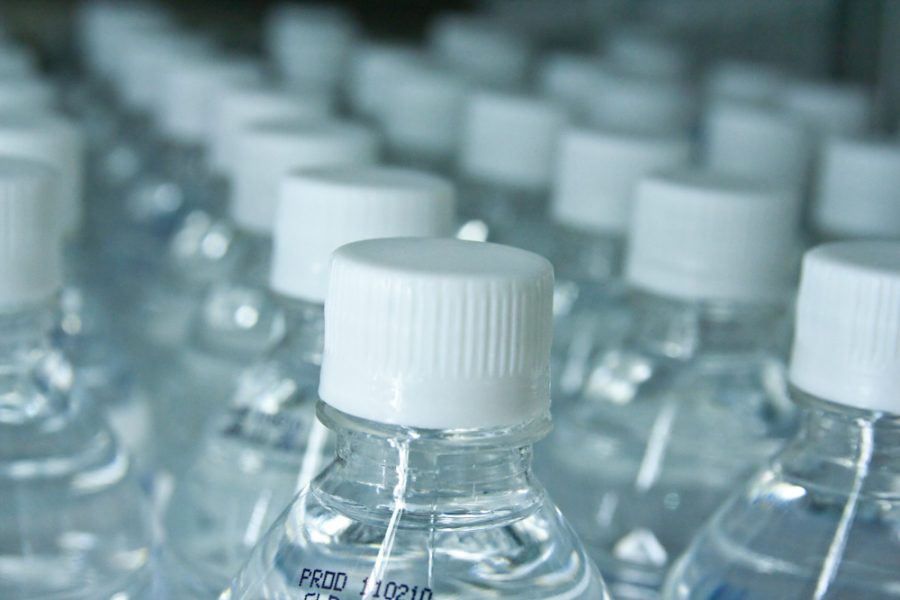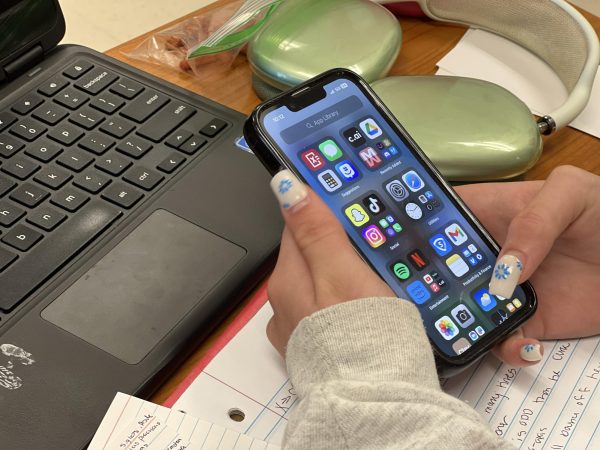Texas Introduces Lead, Copper Testing Program for Public Schools and Childcare Centers
Texas will soon begin a program to test drinking water in thousands of elementary schools and child care facilities across the state due to recent exposure to lead and copper. This is one of the last actions by a Trump-led Environmental Protection Agency (EPA). The state previously did not have any testing requirement for drinking water and was following the 1991 federal rule on reducing lead and copper in drinking water. The change comes from the aftermath of Flint, Michigan’s water crisis that began in 2014. Michigan switched to the community’s water source to the Flint River but failed to properly treat the water to ensure the pipes would not become contaminated and corroded. Lead and other contaminants leached as a result, and it wasn’t until a year later that people found out.
“Lead or lead-lined pipes were used in older structures,” Texas A&M University-Central Texas Department of Nursing Director and Chair Amy Mersiovsky said to KXXV. “We know that many of our schools are housed in older buildings. There may be some changes of lead contamination running through the plumbing.”
This will be the first time around 25,000 Texas schools and child care facilities will undergo mandated water inspections for lead and copper. Young children are at a higher risk when ingesting lead and copper due to their brains and nervous systems not being as developed as adults. Lead exposure can cause slowed growth, behavior and learning problems, difficulty hearing, and lower IQs for children.
The Texas Commission on Environmental Quality (TCEQ), the state’s environmental agency, requested $8 million for this operation to take place. In addition to requesting money for the procedure, the TCEQ is also requested an additional subsidy to create a new database, design a monitoring system, and hire new positions at the agency to carry out the mandate.
Upon EPA requirements, community water systems will have to sample 20% of elementary schools and 20% of child care facilities per year. The rule has not gone into effect yet and the state plans to make it a requirement by 2024. For now, the TCEQ is trying to come up with the remaining money to begin testing for lead and copper in elementary schools and child care facilities.

Class of 2023
Hey, I'm Amy! I am currently the Sports Editor for the Horizon! Outside of the press room, my hobbies include playing soccer and running...






